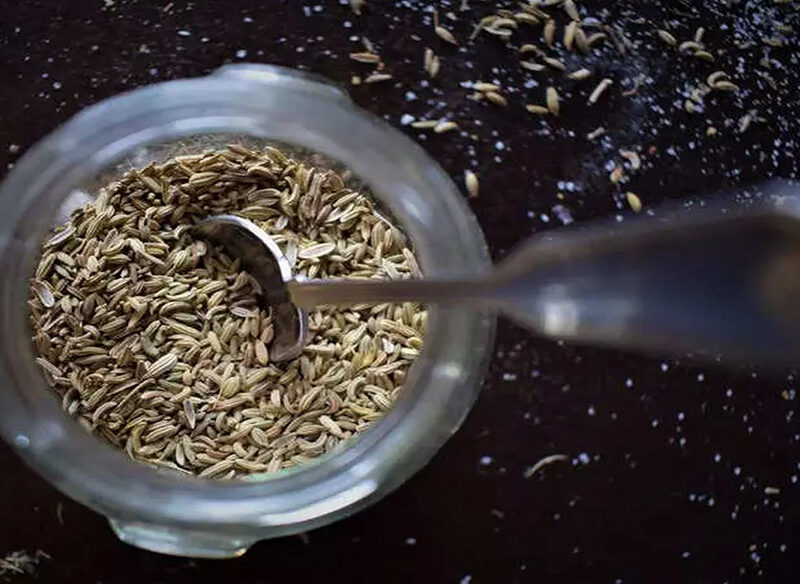Cumin seeds, known scientifically as Cuminum cyminum, are celebrated globally for their robust aroma and flavor. Let’s delve into the realm of cumin seeds, exploring their culinary significance and the plethora of health benefits they offer.
Understanding Cumin Seeds
Cumin seeds are the dried fruits of the cumin plant, originating from the Mediterranean region and now cultivated worldwide. These seeds, obtained from the plant’s small elongated capsules, are utilized as a spice in whole or ground form, adding a distinct taste to various dishes.
Nutritional Bounty
Rich in essential nutrients, cumin seeds are a nutritional powerhouse. They boast high levels of iron, fiber, vitamin C, vitamin E, calcium, and magnesium, contributing significantly to a balanced diet and overall health.
Health Advantages
- Digestive Support: Cumin seeds are traditionally valued for aiding digestion, alleviating bloating, gas, and indigestion due to their carminative properties.
- Antioxidant Richness: The presence of antioxidants like flavonoids and phenolic compounds equips cumin seeds to combat oxidative stress and promote overall well-being.
- Immune System Enhancement: Cumin seeds’ vitamin and mineral content strengthens the immune system, aiding in fending off infections and maintaining health.
- Weight Management: Studies suggest that cumin seeds may aid in weight loss and management by boosting metabolism and reducing appetite.
- Anti-Inflammatory Effects: Compounds in cumin seeds exhibit anti-inflammatory properties, potentially offering relief from inflammation-related conditions.
Culinary Delights
Cumin seeds are a culinary staple in diverse cuisines, including Indian, Middle Eastern, and Mexican. They enhance dishes with their warmth and depth, elevating both flavor and aroma. Commonly found in spice blends like garam masala and curry powder, cumin seeds are also used to season meats, vegetables, and legumes.
Exploring Cumin Seed Varieties
Two primary types of cumin seeds exist: black cumin seeds and white cumin seeds. While they share similar flavor profiles, nuances in taste may vary, making them suitable for different culinary applications.
Purchasing and Storage Tips
When buying cumin seeds, opt for whole seeds that are uniform in color and free from moisture signs. Store them in an airtight container away from direct sunlight and heat to preserve their flavor and potency.
Precautions and FAQs
While generally safe, excessive cumin consumption may cause digestive discomfort, and individuals with allergies or sensitivities should exercise caution. Pregnant women should consult healthcare professionals due to cumin’s potential to stimulate the uterus.
FAQs address common queries regarding weight loss, spiciness, culinary uses, differentiation from fennel seeds, and medicinal applications of cumin seeds.
In conclusion, cumin seeds stand out not just for their culinary charm but also for their nutritional richness and potential health benefits. Integrating them wisely into meals can elevate taste and contribute to overall well-being. However, moderation and healthcare guidance are crucial for optimal utilization, especially for individuals with specific health concerns.










Comments